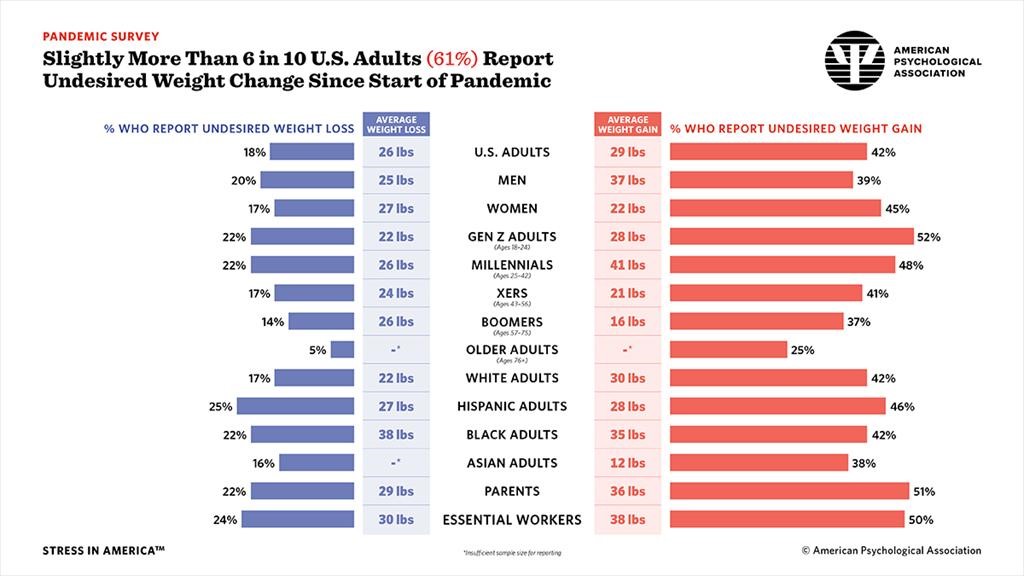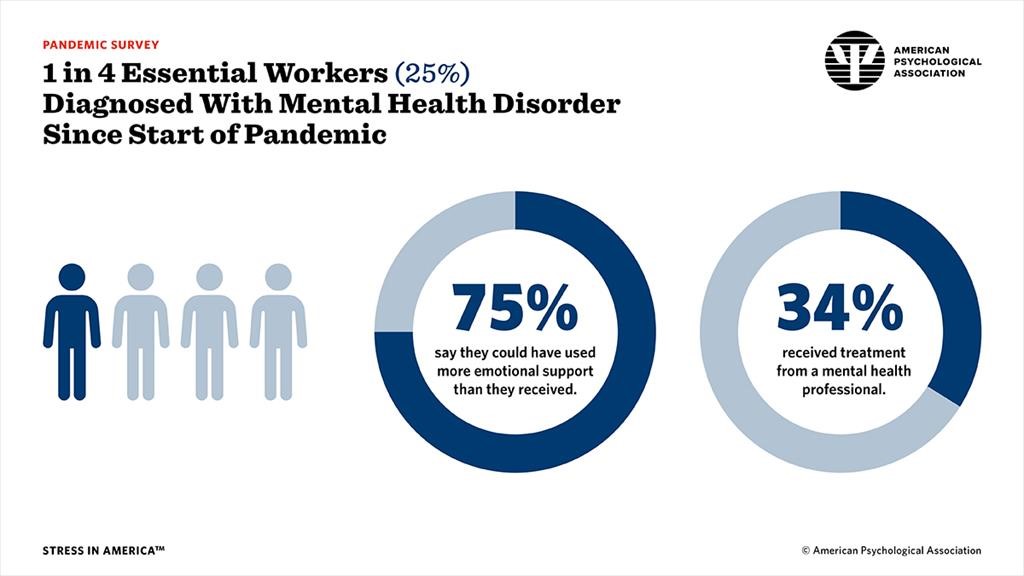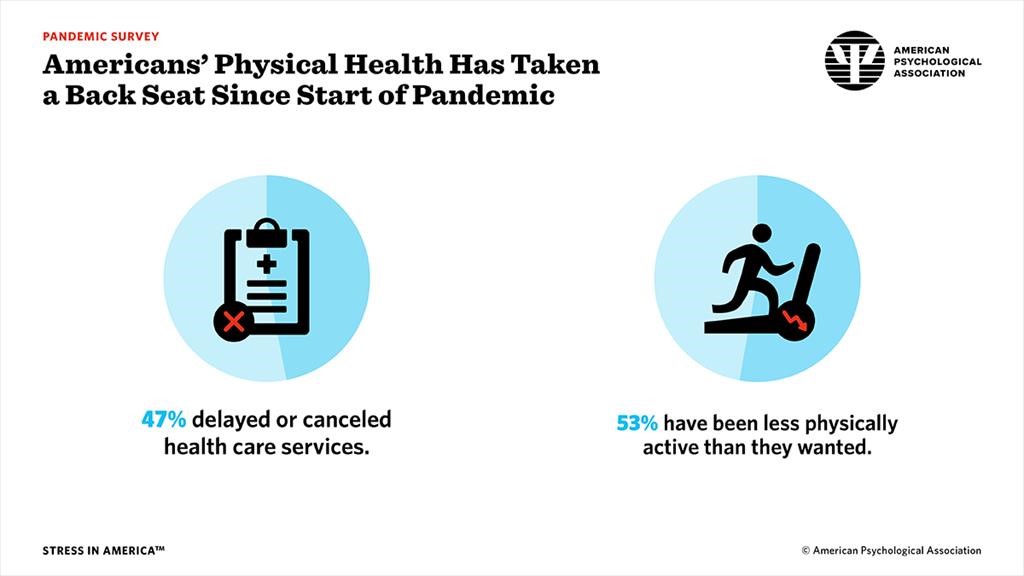Genesis 2:7 And the LORD GOD formed man of the dust of the ground, and breathed into his nostrils the breath of life; and man became a living soul. [King James translation]
Summary
The creation of man is actually described in two parts. In Genesis, Chapter 1, the creation of man’s spiritual origins is discussed. Genesis 1:26-27 states:
Then GOD said, ‘“Let US make a man---someone like OURSELVES, to be master of all life upon the earth and in the skies and in the sea.’ So GOD made man like his Maker.”
This scripture about man’s “spiritual” creation is consistent with John 4:24, which states: “GOD is a Spirit: and they that worship HIM must worship HIM in spirit and in truth.”
The second part of mankind’s creation addresses man’s “physical” or bodily creation. In Genesis, Chapter 2, the Bible states:
The time came when the Lord GOD formed a man’s body from the dust of the ground and breathed into it the breath of life. And man became a living person.
GOD breathed into the body of man's life and then man became a physical living being.
GOD’s BREATH is essential for life.
ANXIETY, STRESS & MENTAL HEALTH
The worldly news on anxiety stress and mental health is not good.
In an article entitled, “Polls Show Worsening Impact of COVID on Mental Health,” Megan Brooks reports that “Americans’ worry and anxiety about COVID-19 is not getting better.” According to Brooks, more people are reporting mental health effects from the pandemic this year than last year. Some of the polling results included the following:
-
-
- [A]bout 4 in 10 Americans (41%) report they are more anxious than last year, down from just over 60%.
- Young adults age 18-29 (49%) and Hispanic/Latinos (50%) are more likely to report being more anxious now than a year ago.
- Americans are more anxious about family and loved ones getting COVID-19 (64%) than about catching the virus themselves (49%).
- Concern about the safety of family and loved ones has increased since last year's poll (conducted in September, rising from 56% then to 64% now. Hispanic/Latino individuals (73%) and Black individuals (76%) are more anxious about COVID-19 than White people (59%).
- More than half of adults (53%) with children said they are concerned about the mental state of their children and almost half (48%) said the pandemic has caused mental health problems for one or more of their children, including minor problems for 29% and major problems for 19%.
- More than a quarter (26%) of parents have sought professional mental health help for their children due to the pandemic.
-
See, “Polls Show Worsening Impact of COVID on Mental Health,” by Megan Brooks, May 4, 2021, https://www.webmd.com/lung/news/20210504/poll-shows-worsening-impact-of-covid-on-mental-health
Some of the informational charts from the American Psychological Association regarding stress in American include the following:



See: “2021 Stress in America Graphs: Informational charts from March Stress Snapshot,” https://www.apa.org/news/press/releases/stress/2021/infographics-march
Some of the ways to manage stress suggested by Lauren Ragland in “Ways to Manage Stress,” include:
- Exercise – To start with, physical activity can help improve your sleep. And better sleep means better stress management. Doctors don’t yet know exactly why, but people who exercise more tend to get better deep “slow-wave” sleep that helps renew the brain and body. For example, walking, running, swimming, dancing, cycling, aerobics. Other “less-formal” ways to exercise include: washing a car, using the stairs instead of an elevator or escalator, cleaning your house, gardening, etc.
- Diet - The benefits of eating healthy foods extend beyond your waistline to your mental health. A healthy diet can lessen the effects of stress, build up your immune system, level your mood, and lower your blood pressure. Lots of added sugar and fat can have the opposite effect. And junk food can seem even more appealing when you’re under a lot of stress.
- Sleep - A common side effect of stress is that you may struggle to fall asleep. If this happens three times a week for at least 3 months, you may have insomnia, an inability to fall and stay asleep. Lack of sleep can also add to your stress level and cause a cycle of stress and sleeplessness. Habits that can help include: exercising regularly, getting out in the sun, drinking less alcohol and caffeine close to bedtime, setting a sleep schedule, not looking at electronics 30-60 minutes before going to bed, trying medication or other forms of relaxation. Yoga can also be a form of exercise and meditation. Stretching and deep breathing may also lower anxiety and stress. (Some include prayer as a type of spiritual meditation.)
- Laugh Therapy - When you laugh, you take in more oxygen. Your heart, lungs, and muscles get a boost and your body releases those feel-good hormones. Laughter also improves your immune system, lessens pain, and improves your mood for long periods of time.
- Talk Therapy - Long-term talk therapy helps some people deal with stress. One approach, cognitive behavioral therapy, helps you change negative thought patterns. Your therapist can guide you toward other approaches that might be helpful. Speak to your physician if problems persist.
See, “Ways to Manage Stress, by Lauren Ragland, Medically Reviewed by Jennifer Casarella, MD on September 14, 2021, https://www.webmd.com/balance/stress-management/stress-management
MIND, BODY & SPIRIT
Stress often leaves us vulnerable, uncertain, anxious, or not in control or controlled by people or circumstances not in “our control.”
However, in Philippians 4:6, we are given this advice:
Do not be anxious about anything, but in everything by prayer and petition, with thanksgiving present your requests to GOD. And the peace of GOD, which transcends all understanding, will guard your hearts and your minds in CHRIST JESUS. [New International translation.]
Sometimes we have to remember “our AUTHOR.” (See Hebrews 12:2) Sometimes we have to remember our CREATOR and our origins. (See Genesis 2:7)
Sometimes we just have to remember that GOD REALLY IS IN CONTROL.
So, take a deep breath and have faith.
Let GOD handle your stress and BE BLESSED!


